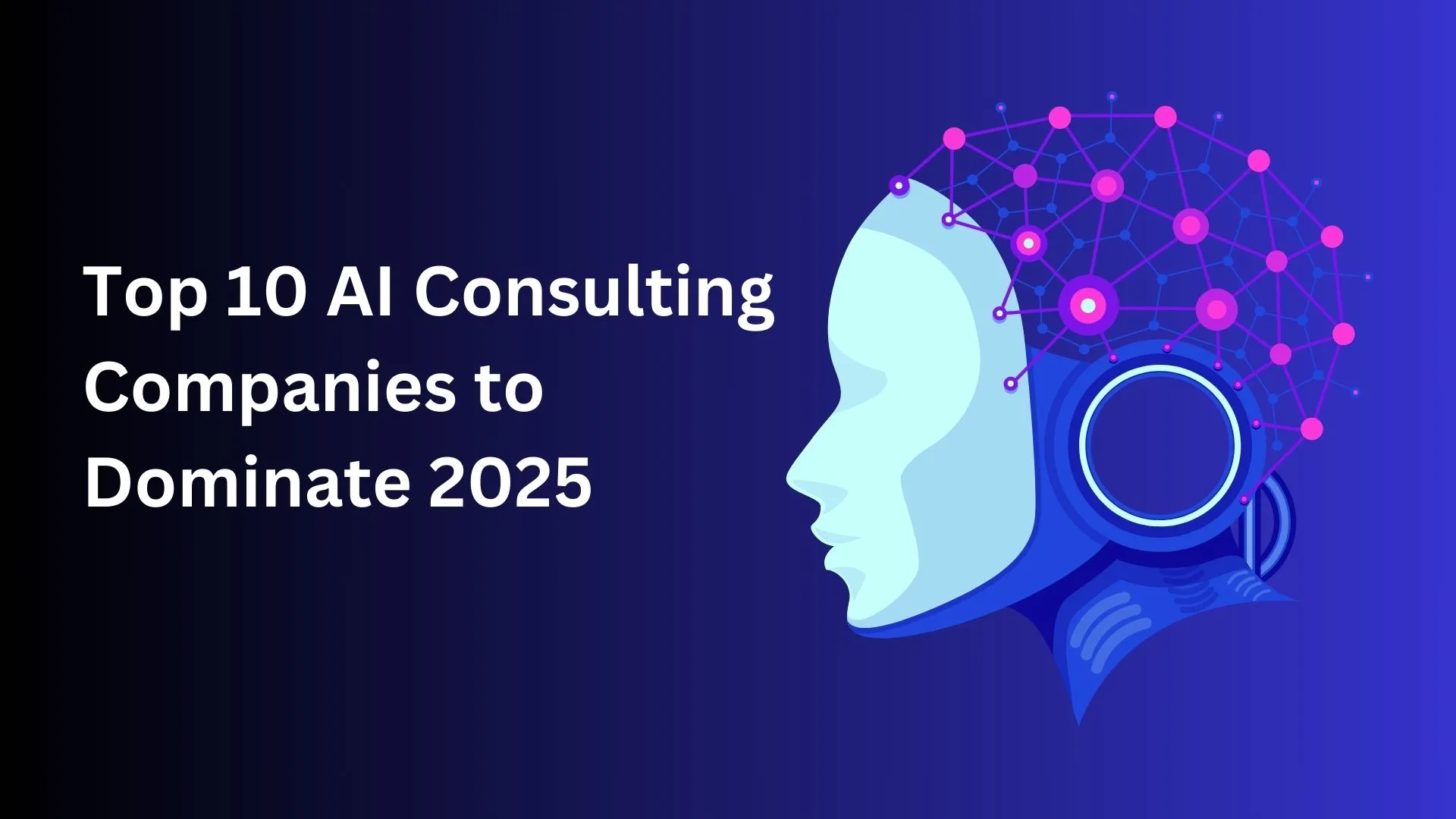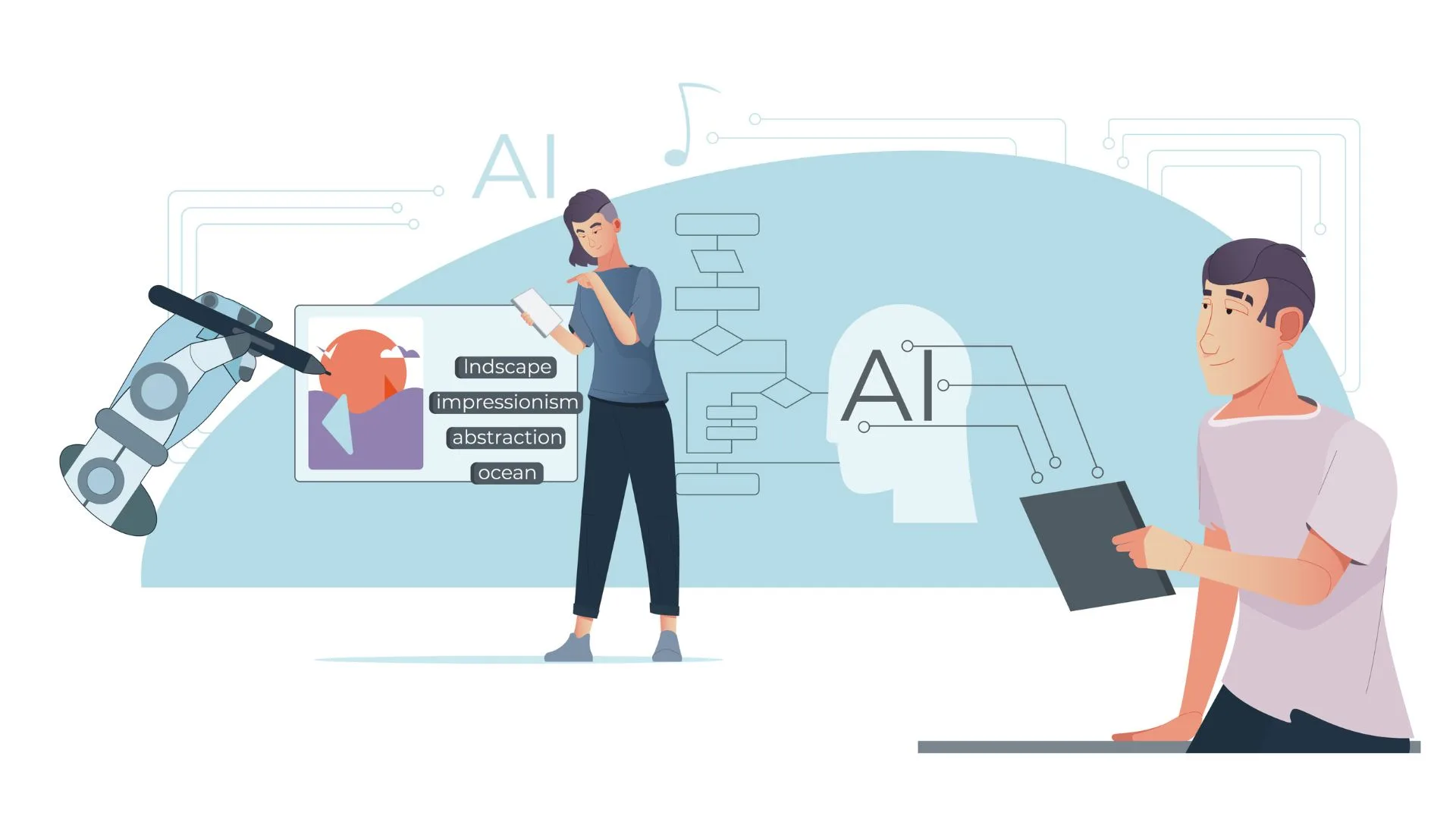As artificial intelligence (AI) reshapes our world, it brings both tremendous opportunities and significant ethical challenges. This post delves into Ethical AI, examining its core principles and the complexities of implementing them in our rapidly evolving technological landscape.
Defining Ethical AI: Ethical AI refers to the responsible development and deployment of AI systems that align with human values and societal benefits. Key principles include:
- Fairness: Eliminating bias and discrimination
- Transparency: Ensuring explainable AI decision-making
- Privacy: Protecting individual data rights
- Safety and Security: Mitigating risks and ensuring robust safeguards
- Human Oversight: Maintaining human control over AI systems
Navigating Ethical Challenges:
- Data Bias:
- Issue: AI systems reflect biases present in training data
- Solution: Diverse, representative datasets and rigorous testing
- Algorithmic Opacity:
- Issue: Complex AI models can be difficult to interpret
- Solution: Investing in explainable AI technologies
- Unintended Consequences:
- Issue: AI systems may produce unexpected outcomes
- Solution: Thorough testing and ongoing monitoring
- Workforce Impacts:
- Issue: Potential job displacement due to automation
- Solution: Investing in reskilling programs and new job creation
- Dual-Use Concerns:
- Issue: Potential misuse of AI for harmful purposes
- Solution: Developing ethical guidelines and regulations
Building a Responsible AI Future:
- Collaborative Ethical Frameworks:
- Engage stakeholders across sectors to develop comprehensive guidelines
- Transparency Initiatives:
- Promote research into explainable AI and open-source development
- Diversity in AI Development:
- Foster inclusive teams to identify and address potential biases
- Public Engagement:
- Educate the public on AI ethics and encourage open dialogue
- Continuous Evaluation:
- Implement ongoing assessment of AI systems for ethical compliance
Conclusion: Ethical AI is an evolving field that requires ongoing attention and effort. By addressing challenges head-on and fostering collaboration, we can harness AI’s potential while upholding our ethical values. At ThoughtMinds, we’re committed to developing AI solutions that are not only innovative but also responsible and beneficial to society.









